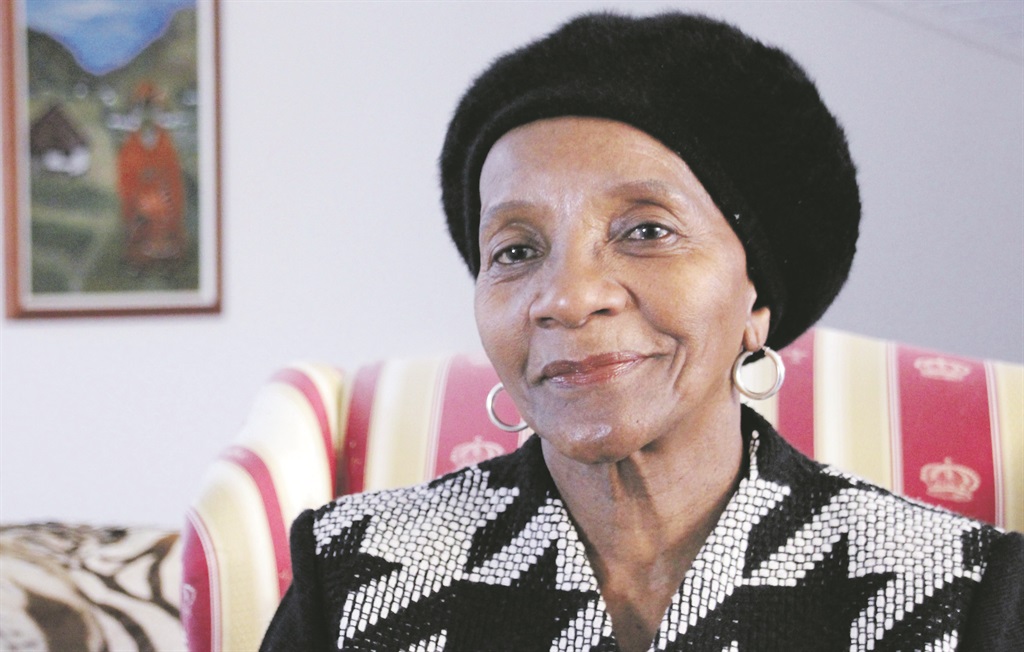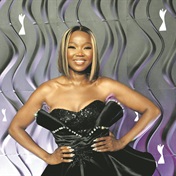
Once again, the 280-page National Arts Festival programme is an overwhelming tome, particularly this year as the festival celebrates its 42nd edition, the 60th anniversary of the Women’s March to Pretoria, 40th anniversary of the Soweto Uprising, 20th anniversary of the Truth and Reconciliation Commission, 65th anniversary of the signing of the Freedom Charter, 10th anniversary of the Civil Unions Act and 200th anniversary of Shaka Zulu’s reign as monarch.
The festival organisers have, thankfully, curated five streams to celebrate all of these historically significant occasions, and make selecting where and what you would like to experience somewhat easier. They include conflict and resolution; the politics of identity; legends and legacies; reimaging classics; arts for art’s sake and, chief among them, the celebration of women in the arts.
To highlight the mammoth contribution of women in the arts may seem a bit trite at first, an effort potentially prone to the horrors of Women’s Month pink-cupcake campaigns, high teas and typically “Mother’s Day-ish celebrations” as one clever colleague put it. But in the hands of our most eloquent cultural creators and critics, it now becomes a moment to sit down and look back, consider the present, and imagine new beginnings.
LOOKING BACK
Bridging these intergenerational multiplicities and politics is the now-retired teacher, author, playwright and women’s rights activist Dr Sindiwe Magona, whose play OoMaSisulu is debuting at the Rhodes Box Theatre during the fest. It considers the work and lessons of the late struggle veteran Albertina Sisulu, and the powerful role she played in the women’s liberation struggle during and after apartheid. When I speak to her this week, she is just returning from story time at the new Harare Library in Khayelitsha, where she was reciting to a group of schoolchildren an isiXhosa version of an old Khoisan tale about two stubborn donkeys. She describes the space to me as the “Mercedes-Benz” of libraries.
Four years ago, she was asked to “divorce” a joint biography of Albertina and Walter Sisulu into one about Albertina and one about Walter, and then translate them into isiXhosa. “The role of women in the liberation struggle is something not much talked about, and so we decided that we should come up with a play as well that looks at women’s contributions to freedom in this country, but also brings in the element of the continuation of the struggle, looking at how the women of 1976 were carrying on the work of the women from 1956. So we have someone representing the maSisulu generation and someone representing the daughters of that generation.”
I ask what it is to be a South African woman today, compared with the days when she found her own feet as an activist. “Things have changed, but so much has not changed, especially for women in the lower circles of society economically. As long as any human being, male or female, has not found a way of standing on their own two feet, the freedom that came our way in 1994 cannot be fully enjoyed. As a result, this country continues to lose so much human potential.” Thankfully, I say to her, we have a new generation of young activists who are working to call out the structural inequality they are facing – activists continuing the work of her time.
But she says “there’s activism and then there’s activism. Activism is always a good thing, but activism that I applaud is forward-looking. I have never been for violence of any kind, and I wish and pray for the day that the activism of the young people builds, instead of destroys. We need to build. I’m not against those who say this must fall and that must fall, but what must rise? I want to hear: What must rise?”
Naturally, my next question is about the fall, at least ideologically, of the rainbow nation politics of the past. “It’s very easy to say that Nelson Mandela sold the country out, but the people who say that need to ask themselves: Where were their fathers during that time? If Mandela was such a twit, then why didn’t your grandfather or father do better? I mean, honestly, I get sad when people start talking like this about people who did the best they could at the time. They think they could have done better than Mandela?” she sighs. “Don’t get me started.”
FAST FORWARD
The persistent erasure of women from the liberation narrative comes full circle in #WhatsLeftOut, a new work by the University of the Western Cape’s Student Collective. In spoken word, physical performance and music, the interactive piece, directed by Limpho Makapela, attempts to see through the invisible oppressions faced by women and the queer community in South Africa, 21 years into democracy. Most of the cast were active in the #RhodesMustFall and #FeesMustFall protests.
“We are looking at what has been left out of our Constitution, at what has been left out concerning our human rights and social justice, especially as black women within South Africa,” Makapela tells me. “For example, we’re looking into LGBTIQ+ rights and how people who are either middle or upper class and living in suburban areas get to enjoy the freedom of their sexuality whereas, in the rural areas, for being who you are and identifying with your own sexual orientation, you face being violated. Women are being raped in Khayelitsha for being lesbian, and then still being victimised and shamed by police for being raped.”
Even in their own movement, as was seen earlier this year, certain groups – such as the queer community – aren’t given the same acknowledgement among the Fallists as the men who are credited with leading the movements.
“Their bodies have not been recognised. They were, as we say in the piece, truly left out.”
THE PRESENT TENSE
Along with an exhibition by visual activist Zanele Muholi, artist Lerato Shadi will present a 10-day performance where one of her works titled Makhubu literally writes and then erases the names of historical women. “My work takes a lot from the context it is performed in so, in Grahamstown in particular, this piece addresses the meaning of a very privileged, and institutionally white, space.” She quotes a famous line by Jean-Michel Basquiat: “I was just tired of seeing white walls, with white people, with white wine, you know?”
“I’m looking at how historical erasure has a huge impact in how our society is organised, not just in South Africa but around the world. People do not know their own history. For example, in this work I write the name of African queens, the first black female to go to space, the first black woman to get a pilot licence, and then their names get erased. Because we don’t know our own history, we get these sort of Penny Sparrow characters who don’t know their own history of how this place came into being.”
There will be something for everyone on this year’s programme, so make sure you get a head start on your bookings.
The National Arts Festival runs from June 30 to July 10. For the full programme, visit nationalartsfestival.co.za




 Publications
Publications
 Partners
Partners








